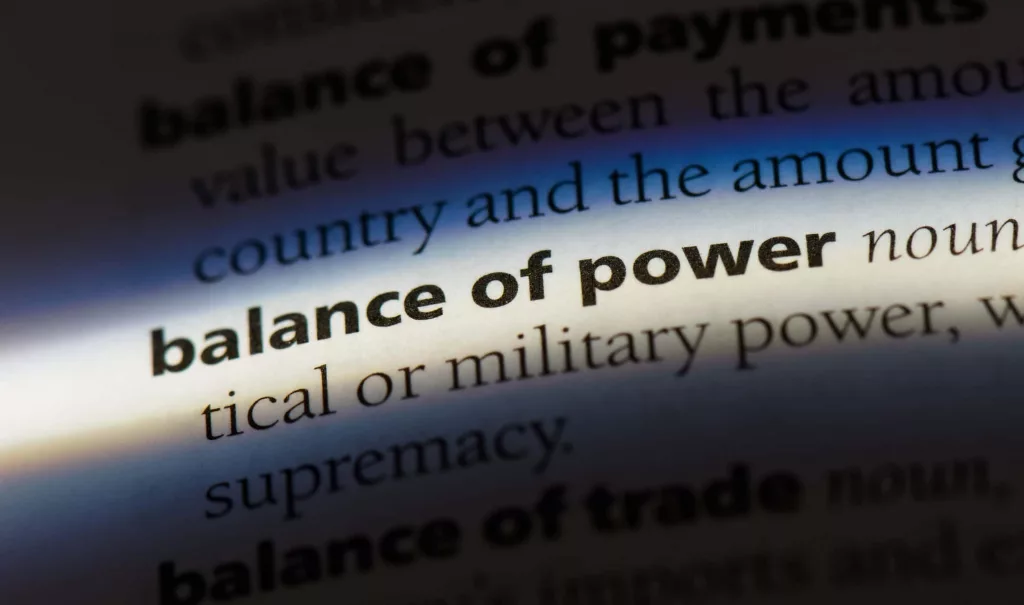Arguing that Michigan Public Act 302, which was passed 75 years ago, is “outdated and needs to be repealed,” one of the state’s leading small business organizations is calling for legislative action to do just that and, in the process, restore the balance of power in Michigan’s government.
The National Federation of Independent Business (NFIB), is urging Michigan’s House of Representatives to pass Senate Bills 857 and 858. Those bills, passed by the State Senate last Friday, would repeal Public Act 302 of 1945, reducing from 28 days to 14 days, the period that a state of disaster or state of emergency could remain in effect without a resolution from both chambers of the state legislature.
NFIB State Director Charlie Owens says, “Preserving the balance of power in governance in both our state and federal Constitutions is one of the hallmarks of our system of representative government,” but contends, “Unfortunately, efforts to address the serious situation with the COVID-19 outbreak has resulted in unilateral actions by the executive office with little consultation or cooperation from legislative leadership. Consequently, Michigan has not kept pace with the nation, or other states, in taking the necessary steps to restart our economy and allow small business to reengage in commerce and bring back jobs for our citizens.”
Owens says that a recent survey of NFIB small business owners reflected the concerns small businesses have with the use of emergency powers in handling the COVID-19 outbreak. When asked if the Emergency Powers of Governor Act of 1945 should be repealed, 74-percent of Michigan small business members said YES, 16-percent said NO, and 10-percent remained undecided. When asked if the current “essential vs. non-essential” criteria to reopening business activity should be changed to a risk-based “safe vs. non-safe” approach, 84-percent of Michigan small business members said YES, 12-percent said NO, and 4-percent were Undecided.
Owens argues, “The Emergency Powers of Governor Act of 1945 is an outdated law that was passed to address instances of rioting and acts of violence that were of concern towards the end of World War II,” and concludes, “The 1976 law was intended to be a more modern and flexible statute that allows a governor to respond to an emergency while preserving the Constitutional balance of power in state government.”






